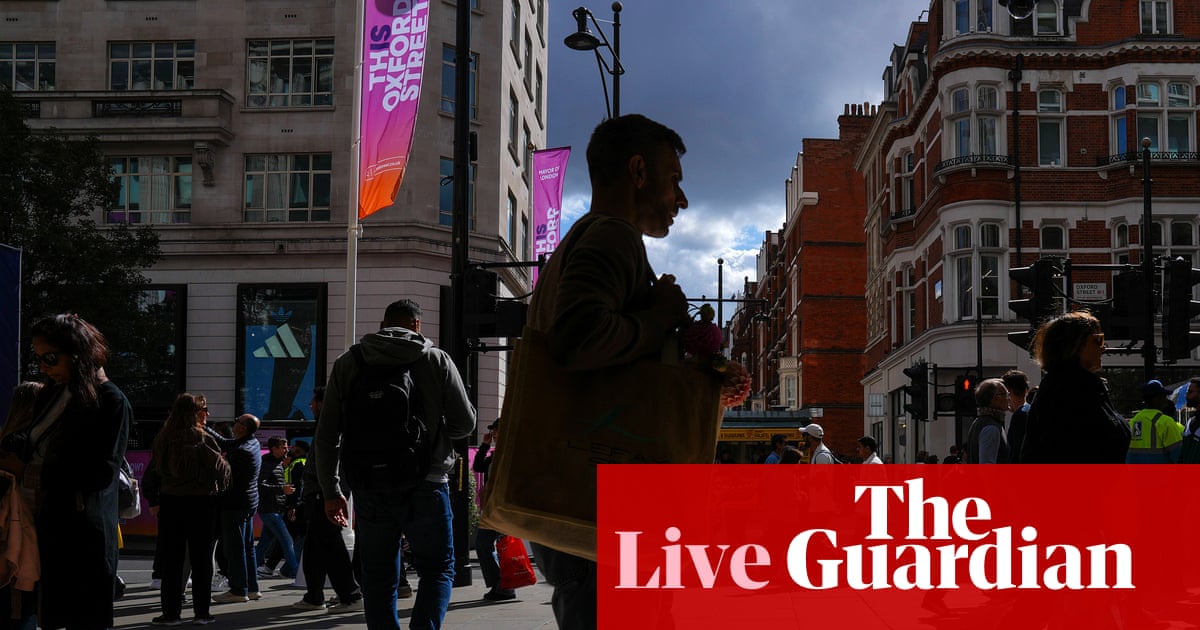The New York state attorney general, Letitia James, is expected to plead not guilty on Friday to charges of bank fraud and false statements brought after Donald Trump publicly called for her to be prosecuted in a move widely seen as political retribution.
James is scheduled to made her first appearance in the case and be arraigned in federal district court in Virginia before US magistrate judge Jamar Walker at 11am ET, according to court documents.
The five-page indictment against James accused her of falsely claiming in loan documents that she would use a home she bought in Norfolk, Virginia, as a secondary residence in order to get more favorable loan terms, when she in fact used it as an investment property.
But the charges, which were filed by Trump’s hand-picked US attorney Lindsey Halligan, came over the objections of career prosecutors who believed there was insufficient evidence to prove the case beyond a reasonable doubt and said that James did not materially profit from the loan.
James is also expected to soon submit a motion to dismiss the indictment, according to court filings, on grounds that Halligan was improperly appointed and since she alone filed the charges, the entire case should be thrown out.
The prosecution comes at a turbulent time for the justice department, which has found itself itself buffeted by constant pressure from Trump and other administration officials to pursue cases against their perceived political enemies regardless of the strength underlying evidence.
Before Halligan obtained an indictment against James, she also brought charges against former FBI director James Comey after the president publicly demanded it. And the department has opened investigations into California senator Adam Schiff and former CIA director John Brennan.
Typically, the department brings criminal cases when prosecutors have a high degree of confidence that they can win at trial and sustain a conviction upon appeal. But that test was almost certainly not met in the James case, former prosecutors have said.
In a memo to Erik Siebert, Halligan’s predecessor as US attorney before he was abruptly fired by Trump last month, career prosecutors said there was conflicting evidence about whether James’s actions amounted to fraud, according to a person familiar with the matter.
While the indictment alleged James made thousands from rental income, prosecutors found evidence that she allowed her relatives to live in the Norfolk home rent-free immediately after she bought it in 2020 for $137,000, the person said.
They also found no evidence that James charged her relatives for using the property other than $1,350 that James disclosed on her 2020 tax return, a payment said to have been to cover utilities, the person said.
Prosecutors expressed concern that the vague language of federal mortgage guidelines would make it difficult to prove James acted with the required criminal intent. Fannie Mae guidelines do not clearly say whether the term “occupied” means needing to sleep overnight at a home or just visit.
after newsletter promotion
While the charges accused James of not “occupying” the home since she never stayed the night, James also told loan officers and real estate agents that the home was for her niece.
Abbe Lowell, the lead defense lawyer for James, previously said in a statement that his client denied wrongdoing.
“We are deeply concerned that this case is driven by President Trump’s desire for revenge. When a president can publicly direct charges to be filed against someone – when it was reported that career attorneys concluded none were warranted – it marks a serious attack on the rule of law,” he said.
James has been one of Trump’s principal targets since 2018, when she ran on pursuing Trump in her campaign to become the New York state attorney general. She opened an investigation into him shortly after taking office, accusing him of fraudulently inflating the value of his assets.
After a month-long trial, James won a civil judgment that ultimately reached to more than $500m. A New York state appeals court threw out the fine, saying it violated the US constitution’s ban against “excessive” financial penalties, but the conviction stuck.

.png) 3 hours ago
3
3 hours ago
3

















































